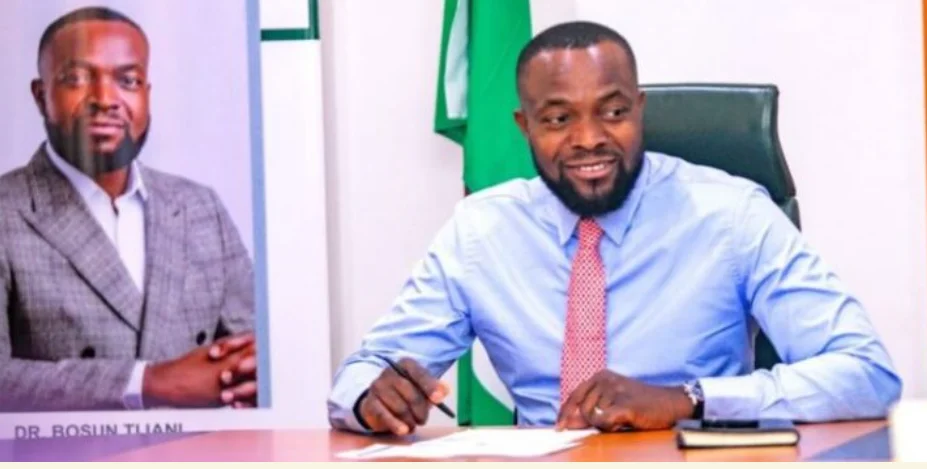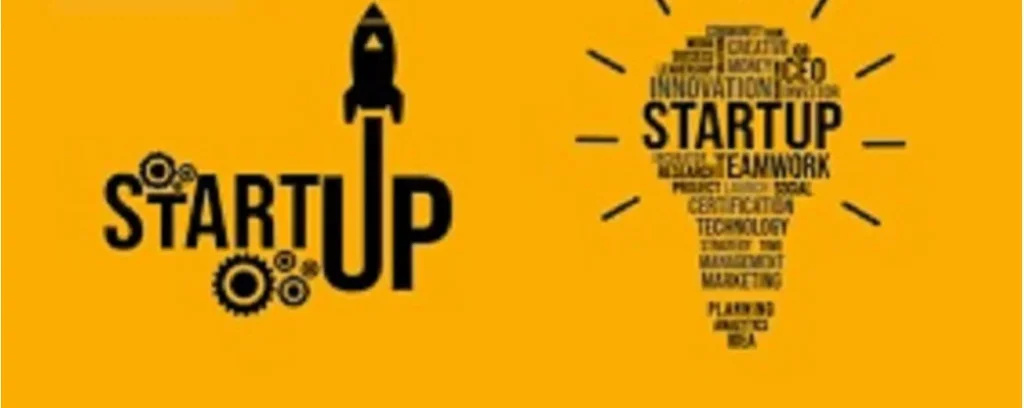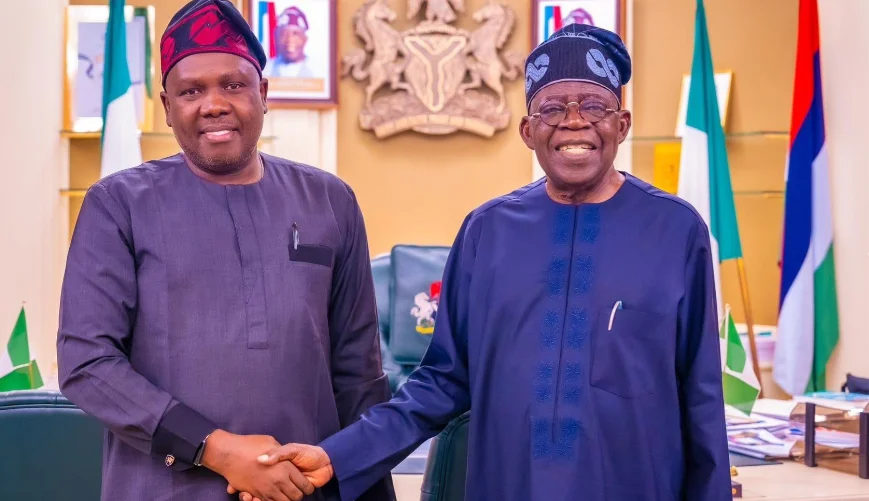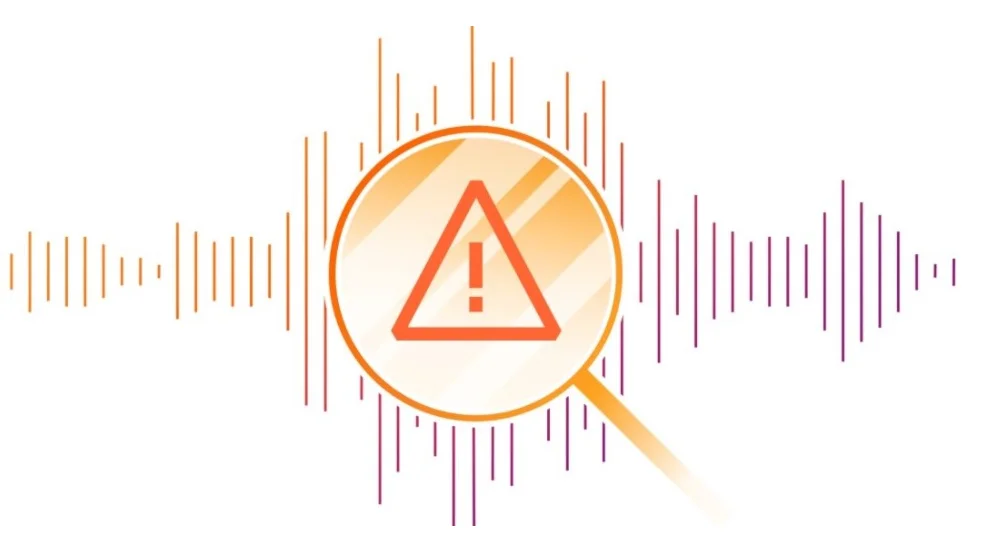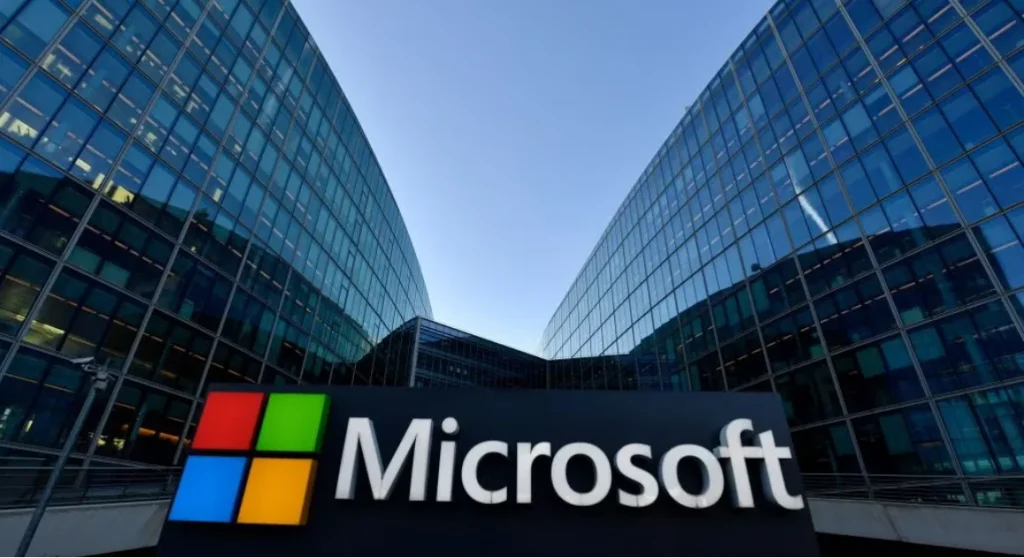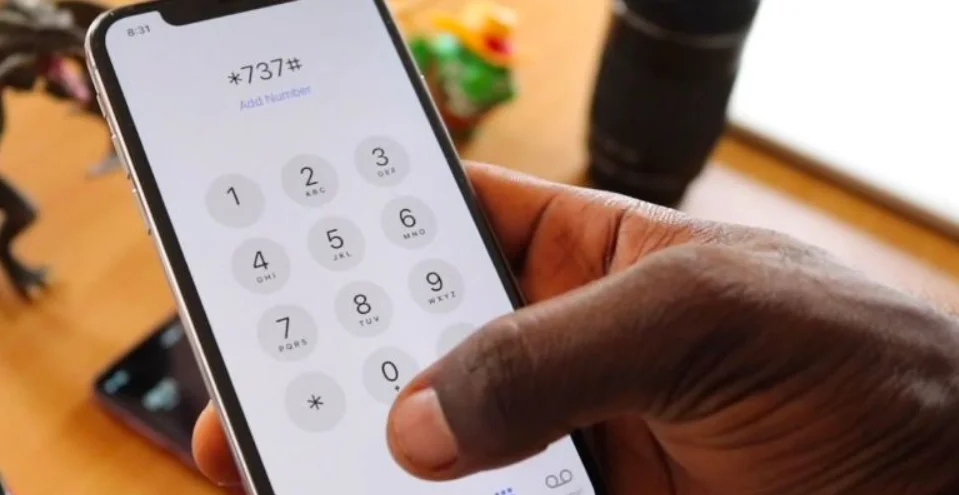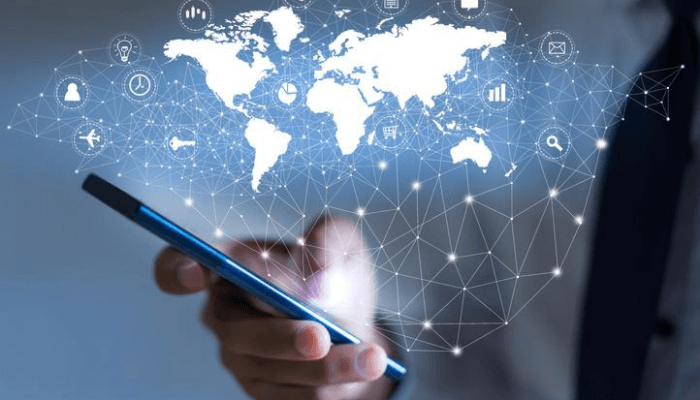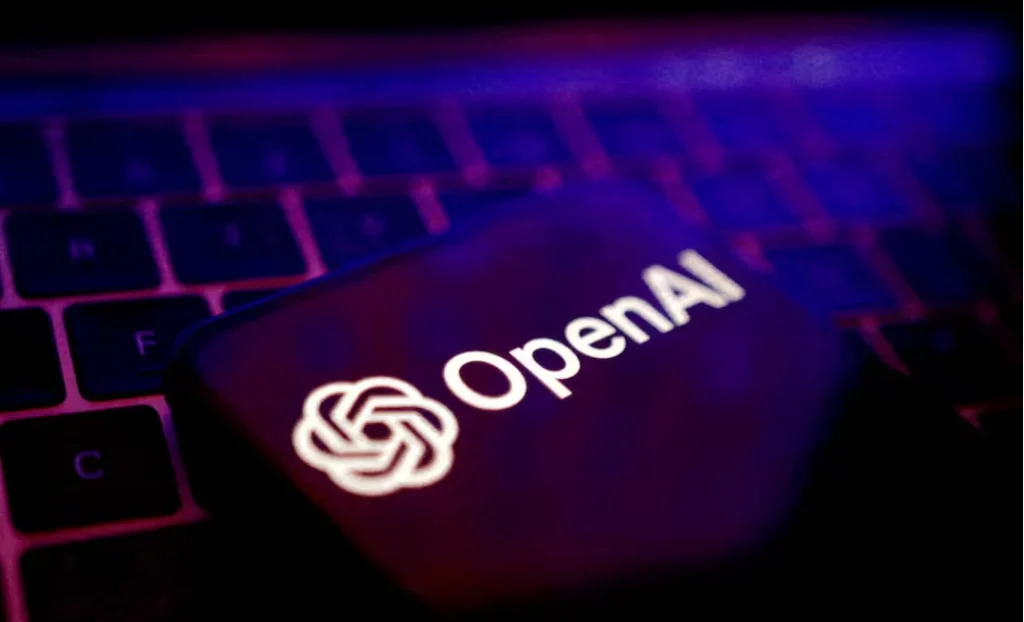Nigeria’s Minister of Communications, Innovation & Digital Economy, Dr ‘Bosun Tijani, has declared that the newly launched Nigerian Atlas for Languages & AI at Scale (N-ATLAS) is proof that Africa is not just catching up in artificial intelligence (AI) but actively shaping its future.
He made this statement during the unveiling of the open-source model on the sidelines of the 80th United Nations General Assembly (UNGA80) in New York.
What is N-ATLAS?
N-ATLAS is a multilingual, multimodal, open-source large language model (LLM) created to map and digitize Nigeria’s vast linguistic heritage. Beyond preserving culture, the model builds datasets that power inclusive AI solutions designed for African contexts.
According to Tijani, N-ATLAS is more than a language model. He described it as “a national commitment to unity, inclusion, and global contribution.”
African Voices in Global AI
By digitising Nigeria’s rich linguistic diversity, N-ATLAS positions African voices at the centre of the global AI revolution.
“Our goal is to advance natural language processing for underrepresented languages,” Tijani said. “In doing so, we showcase Nigeria’s leadership in building digital public goods that will empower the continent and contribute to global AI development.”
Nigerian robotics entrepreneur Silas Adekunle, CEO and co-founder of Awarri, reinforced this point. He explained that N-ATLAS is about cultural preservation and empowerment, highlighting that too often, technology is designed for contexts far from African realities.
“With N-ATLAS, Nigeria’s voices and languages are not just immortalised but amplified in the age of artificial intelligence,” Adekunle noted.
Awarri’s COO, Eniola Edun, added that making the model open-source ensures broader adoption, innovation, and authentic solutions rooted in African cultural contexts.
Why N-ATLAS Matters
Dr. Olubunmi Ajala, National Director of the National Centre for Artificial Intelligence and Robotics (NCAIR), described N-ATLAS as “strategic infrastructure for Nigeria’s AI future.”
He emphasised its potential applications across:
- Education – AI-powered learning tools in local languages
- Healthcare – improved communication and accessibility
- Commerce – enabling businesses to engage diverse communities
- Technology – inclusive and representative global AI systems
Ajala concluded that with N-ATLAS, Africa is not waiting to be included in the AI race—it is shaping it.
Background: The Road to N-ATLAS
Minister Tijani first announced plans for Nigeria’s first multilingual LLM in April last year after a 4-day AI workshop in Abuja.
He revealed the model would be trained on five low-resource languages and accented English to improve representation in AI datasets. The project is a collaboration between:
- Awarri
- DataDotOrg
- National Information Technology Development Agency (NITDA)
- National Centre for AI and Robotics (NCAIR)
It is also supported by over 7,000 fellows from the 3MTT Nigeria program.
Conclusion
The launch of N-ATLAS is a landmark achievement for Nigeria and Africa. By embedding African languages and contexts into AI systems, the project not only preserves culture but also redefines Africa’s role in global technological innovation.
With initiatives like this, Africa is not just a participant in the AI revolution—it is a shaper of the future.

